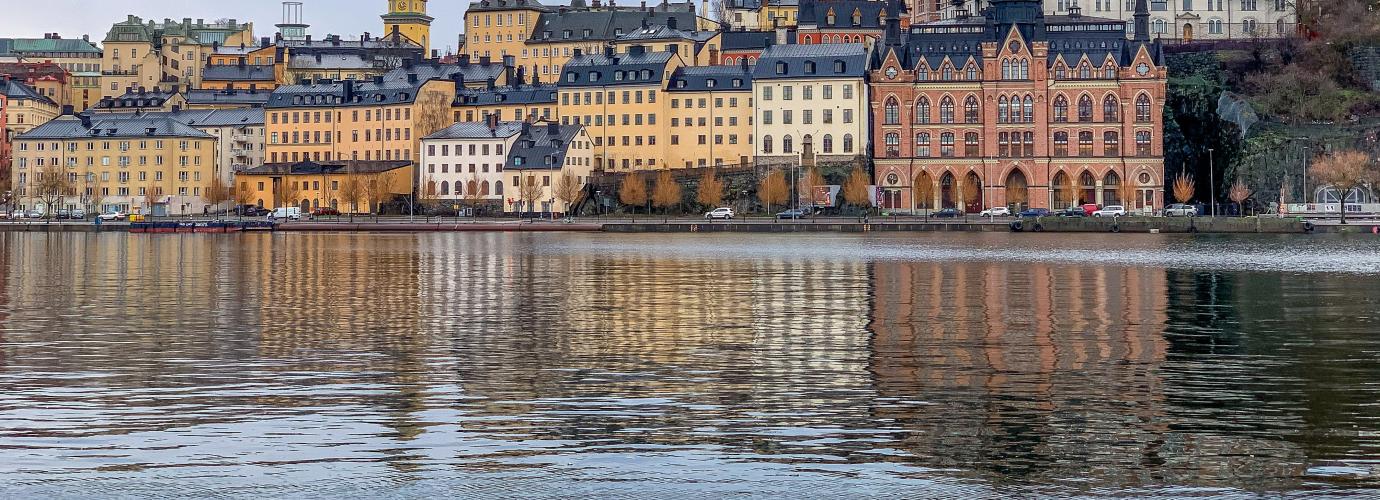The state-run international schools are a special type of grant-aided independent school for children who temporarily reside in Sweden or who for other reasons wish to have an education with an international dimension. Teaching in these schools is often in a foreign language and usually follows the curriculum of another country.
Boarding schools with national admissions organise education primarily for children of foreign-based Swedish parents. Municipalities and private organisers can provide nation-wide boarding school education. State grants are provided for pupils of foreign-based Swedish parents whilst home municipalities pay for other pupils using the same criteria as when allocating resources to the municipalities' own schools.
Swedish schools abroad (svenska utlandsskolor) exist for children living abroad with at least one parent/guardian. The schools cover the preschool class, year 1-6 and in certain cases year 7-9 and upper secondary school. The schools are funded with Swedish state grants. There are 18 Swedish schools abroad. Six of them have also upper secondary school classes (Belgium, England, France, Kenya and Spain).
International Baccalaureate Diploma Programme, IB, is a two-year pre-university course that is recognised worldwide, designed to facilitate the mobility of students and to promote international understanding. In Sweden the IB Diploma Programme consists of three years of studies, the first year is preparatory. All courses in the IB programme are taught in English, except for the students’ mother tongue. There are 30 schools in Sweden offering IB.

